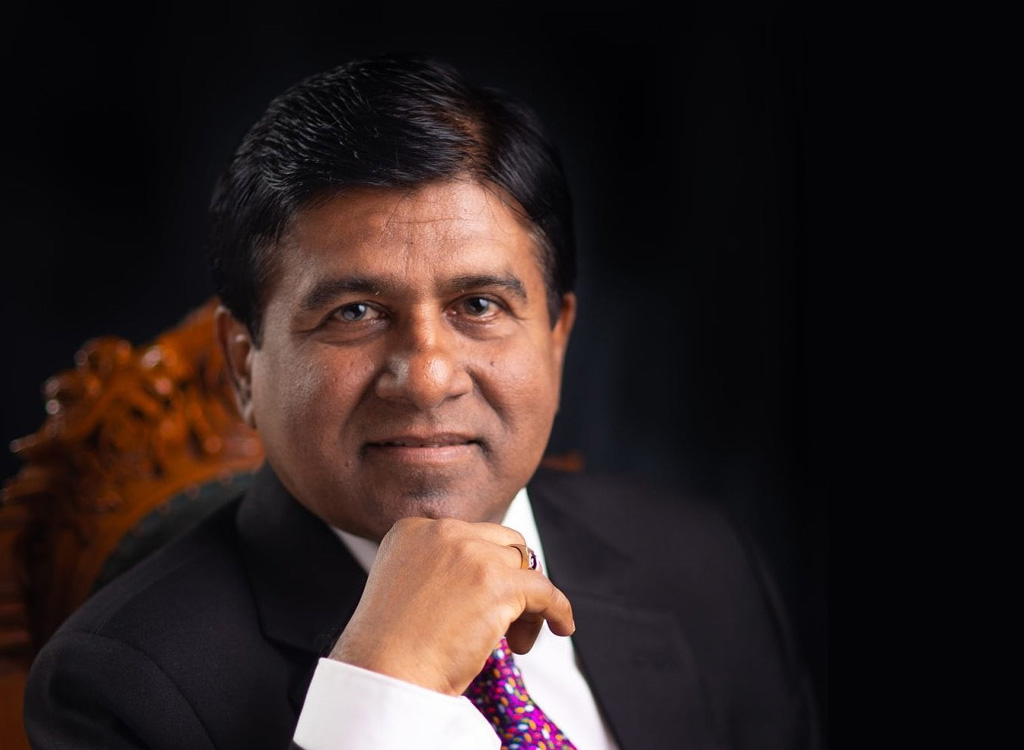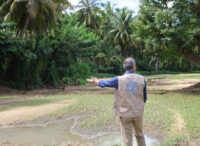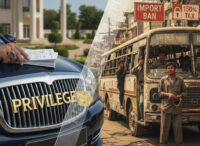A proposed bill to criminalise corporal punishment in Sri Lanka has drawn fierce criticism from former Justice Minister and President’s Counsel Dr Wijeyadasa Rajapakshe, who claims it is part of a “long-term plan” to destabilise the country.
The bill, which seeks to amend the Penal Code, has been defended by the government as a measure to protect children from harmful disciplinary practices.
Prime Minister Dr Harini Amarasuriya recently clarified that the legislation does not target teachers or schools but aims to legally penalise acts of physical punishment that cause harm to students.
However, speaking at a media briefing, Dr Rajapakshe rejected this explanation, warning that such legal changes would erode social discipline and pave the way for “anarchy.”
“Teachers will be afraid to discipline students, fearing jail time. If there’s no discipline in schools, there won’t be discipline in society. That’s how a country collapses,” he said.
Concerns over foreign influence
Dr Rajapakshe also alleged that the bill is being pushed by external forces and foreign-funded organisations.
“During my time as Justice Minister, I received more than a hundred suggestions from international NGOs to amend the Penal Code, ranging from banning corporal punishment to legalising homosexuality and same-sex marriage. I put them all in the dustbin,” he said.
He further criticised the government for entertaining such proposals, claiming they serve the interests of “foreign organisations, a few local groups, and some vulnerable elements” rather than the welfare of children.
“This is not about protecting children. This is about using our parliament to fulfil the agenda of outside actors. It is a shame that any government would pass such a law,” he said.
Religious leaders also oppose
The former minister’s comments come amid growing resistance from religious institutions, including the Chief Prelates of the Malwatta and Asgiriya chapters, as well as the Amarapura and Ramanna sects.
They warn that discarding traditional disciplinary practices in favour of what they call “foreign imitation” could result in a “social catastrophe.”











Leave a comment